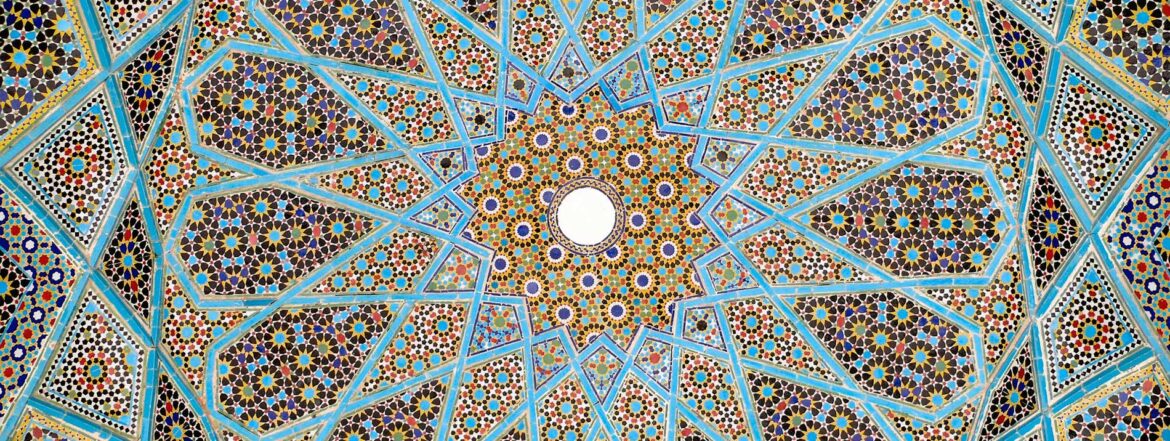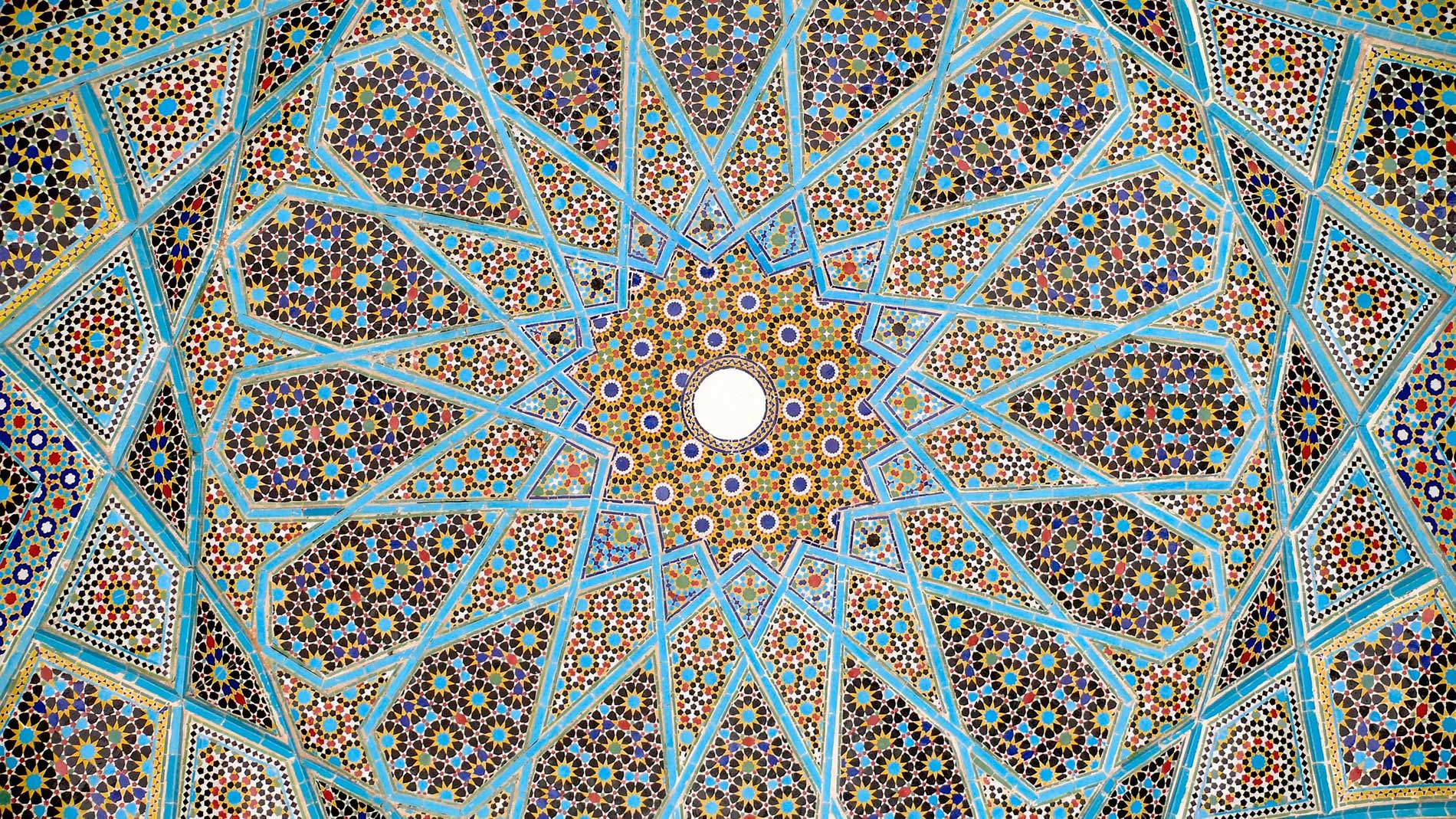Universality of Religion, Particularity of Cultures?
Feb 23, 2008
UC Irvine
In a series of freely assembled contributions, we plan to combine two kinds of interrogations: those concerning the paradoxes of the “universal” and the “particular” as philosophical categories and those concerning the current trouble in the use of such concepts as “culture” and “religion” worldwide.
It seems that the very fact of enunciating principles or values which claim universal validity at a specific time and place therefore with certain assumptions and objectives would transform them into their very opposite: a particular discourse or representation. Critical theory has made wide use of this trope to question the universality of the Western discourses of Monotheism or Human Rights, among others, locating them within a particular culture or showing that they become intelligible only inasmuch as they enter a process of infinite cultural translation. But the reverse seems also to be the case: to assign “particularity” to certain cultural representations and practices immediately transfers them onto a universalistic plane, if only because of the methodological use of comparison and its constitutive abstraction.
These paradoxes are no longer pure intellectual games as soon as their political effects, in the broad sense, are brought to the fore. The metaphysical alternative of the “universal” and the “particular”, which postmodern thinking sought to deconstruct but could not eliminate, works as a floating signifier, which can be appropriated from the point of view of “identity politics” as well as “politics of the universal” (and perhaps every effective political initiative has to be both, in a unity of opposites). As for the relationship between the notions of “religion” and “culture” (whose very definitions are now deeply questioned, especially in the field of postcolonial studies), the suspicion arises that their hierarchy is currently being turned upside down: after a long period in which anthropologists and historians of ideas tended to see “religions” as one dimension among others within a broader concept of “culture”, voices are heard (not only among vulgar politologists but also philosophers and literary theorists) which suggest that religious symbols and “political-theological” alternatives run deeper than cultural differences.
But is this not a mere question of terminology? To discuss such issues has implications which are both very abstract (they involve a representation of the strategic dimensions of the “human”) and immediately challenging to social practices (as became clear in renewed conflicts about the meaning of “secularism” in Europe or in India). We want to address these various issues in a spirit of openness and interdisciplinarity.
The Critical Theory Emphasis event was organized by Etienne Balibar and Steven Mailloux.


